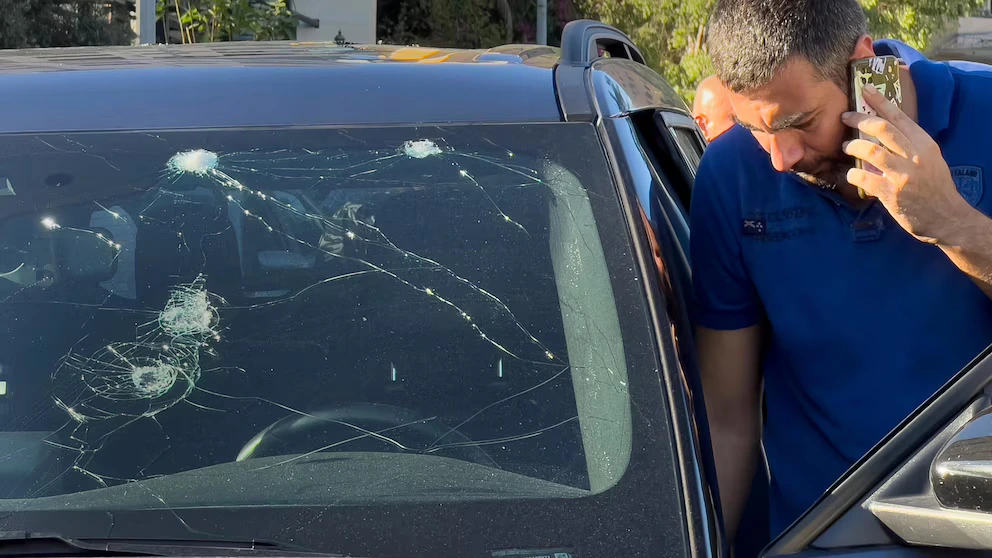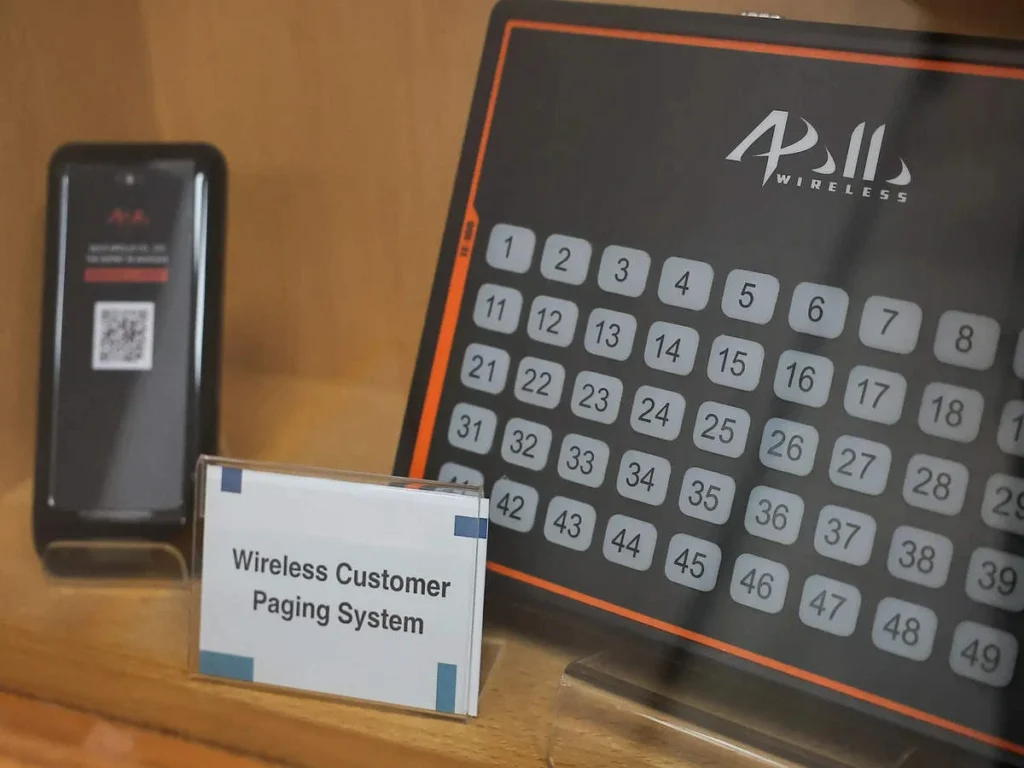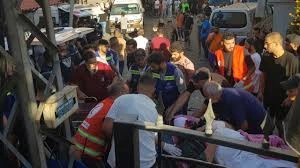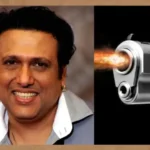Taiwan’s Taipei (AP) — The Taiwanese company Gold Apollo stated on Wednesday that although they were made by a different Budapest-based company, it approved its brand to be on the pagers that detonated in Lebanon and Syria.
Nearly simultaneously on Tuesday, pagers used by hundreds of Hezbollah militants detonated across Lebanon and Syria, killing at least nine people—including an eight-year-old girl—and injuring over 2,000 others. It looked like a well-planned distant operation, and both Hezbollah and the Lebanese government pointed the finger upon Israel.

The AR-924 pagers used by the militants were manufactured by BAC Consulting KFT, based in Hungary’s capital, according to a statement released Wednesday by Gold Apollo.
“According to the cooperation agreement, we authorize BAC to use our brand trademark for product sales in designated regions, but the design and manufacturing of the products are solely the responsibility of BAC,” the statement read.
Gold Apollo chair Hsu Ching-kuang told journalists Wednesday that his company has had a licensing agreement with BAC for the past three years, but did not provide evidence of the contract.

Tuesday around 3:30 p.m., pagers in people’s hands or pockets began to heat up and then explode, leaving blood-splattered scenes and terrified onlookers as they went grocery shopping, sat in cafes, or drove automobiles and motorcycles in the afternoon traffic.
Although it seemed that many of individuals targeted were Hezbollah members, it was unclear at first whether any of the detonating pagers were also carried by non-Hezbollah members.

Lebanese security sources and a Hezbollah official said that the bombings occurred mostly in places where the group has a strong presence, specifically in a southern Beirut suburb, in the Beqaa district of eastern Lebanon, and in Damascus. The Hezbollah officer was not authorized to speak to the media, so he spoke using pseudonyms.
According to experts, the pagers had explosive material added before they were sent and used in a complex supply chain intrusion.
Prior to its apparent removal on Tuesday following the sabotage attack, Gold Apollo’s website featured specifications for the AR-924 pager, which was marketed as “rugged” and contained a rechargeable lithium battery. Text messages with up to 100 characters might be sent to it.

It also claimed to have up to 85 days of battery life. That’s something that would be crucial in Lebanon, where electricity outages have been common as the tiny nation on the Mediterranean Sea has faced years of economic collapse. Pagers also run on a different wireless network than mobile phones, making them more resilient in emergencies — one of the reasons why many hospitals worldwide still rely on them.
For Hezbollah, the militants also looked at the pagers as a means to counteract what’s believed to be intensive Israeli electronic surveillance on mobile phone networks throughout the country.
Hezbollah leader Hassan Nasrallah issued a warning in a speech from February, saying, “The phone that we have in our hands — I do not have a phone in my hand — is a listening device.”

Hezbollah leader Hassan Nasrallah issued a warning in a speech from February, saying, “The phone that we have in our hands — I do not have a phone in my hand — is a listening device.”
“I tell you that the phone in your hands, in your wife’s hands, and in your children’s hands is the agent,” the speaker subsequently stated. It’s not an easy agent; it’s a lethal one. This lethal agent gives precise and detailed information. As a result, approaching it demands extreme seriousness.
Read also : Hindenburg Research says ‘Something big soon in India’











